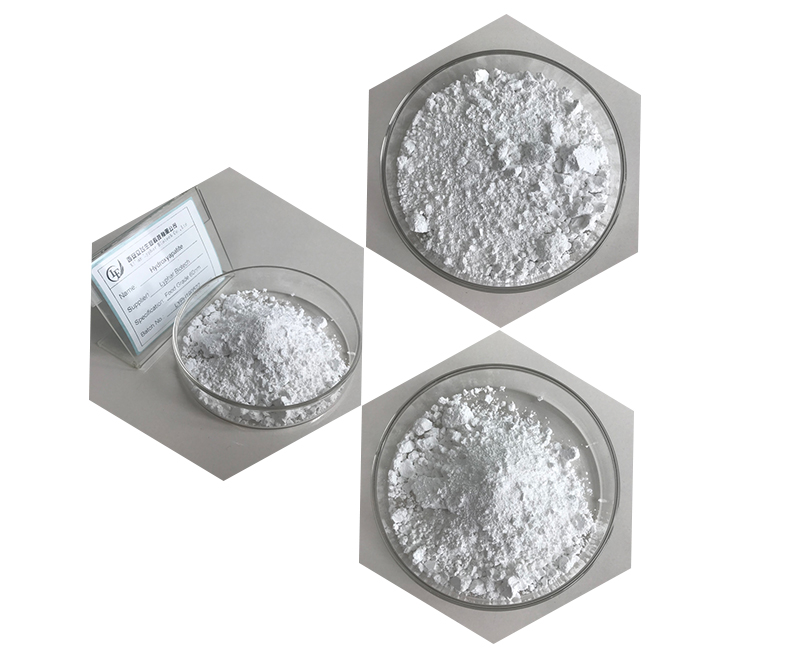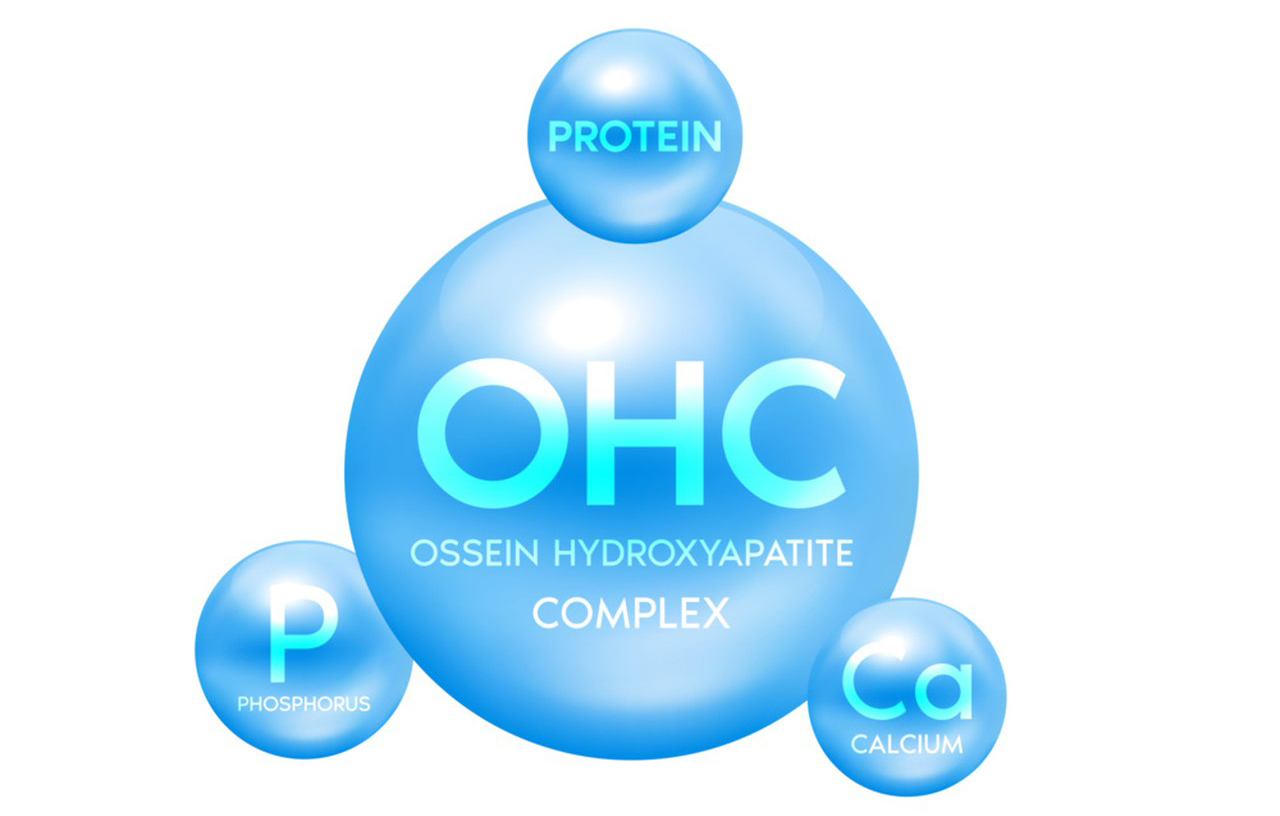Hydroxyapatite is a calcium phosphate compound that has various applications due to its biocompatibility and similarity to the mineral component of human bone.
Application of Hydroxyapatite
Biomedical Implants: Hydroxyapatite is often used in orthopedic and dental implants. Its biocompatibility makes it suitable for bone grafts, coatings on implants, and other medical devices.
Dental Care: Hydroxyapatite is used in toothpaste and dental products for remineralization of enamel. It can help prevent tooth decay and strengthen teeth.
Orthopedic Coatings: Hydroxyapatite coatings on orthopedic implants enhance bone integration. This is particularly important in joint replacement surgeries where the goal is for the implant to fuse with the surrounding bone.
Drug Delivery: Hydroxyapatite nanoparticles can be used as drug carriers. They provide a platform for controlled drug release, making them useful in pharmaceutical applications.
Tissue Engineering: In tissue engineering, hydroxyapatite is used as a scaffold for cell growth and tissue regeneration. It provides a supportive structure for the formation of new tissues.
Diagnostic Imaging: Hydroxyapatite nanoparticles have been explored for use in contrast agents for medical imaging, such as in magnetic resonance imaging (MRI) and computed tomography (CT) scans.

Water Treatment: Hydroxyapatite has been studied for its ability to remove heavy metals from water. Its adsorption properties make it a potential material for water purification.
Cosmetic Applications: Hydroxyapatite is used in cosmetic products for its skin-friendly properties. It can be found in some skincare formulations to enhance skin health.
It’s important to note that while hydroxyapatite has various applications, its use in specific industries may depend on factors such as particle size, purity, and the intended purpose of the application. Additionally, research and development in the field continue to explore new possibilities for the utilization of hydroxyapatite in different areas.
Adverse effects of Hydroxyapatite
Hydroxyapatite is a naturally occurring form of calcium apatite that is widely used in various applications, including medical implants, dental products, and as a bone substitute. While hydroxyapatite is generally considered safe, there can be adverse effects associated with its use. Here are some potential adverse effects:
Allergic reactions: In rare cases, individuals may experience allergic reactions to hydroxyapatite. This can manifest as skin irritation, redness, itching, or swelling at the site of contact.
Inflammatory responses: The body’s immune system may react to hydroxyapatite particles, leading to inflammation. This can be a concern, especially in medical applications where hydroxyapatite is used as an implant or bone substitute.

Implant-related complications: When used in medical implants or dental procedures, there is a possibility of complications such as infection, implant rejection, or failure. These issues may not be directly related to hydroxyapatite but can occur as part of the overall implantation process.
Resorption issues: In some cases, the body may not resorb hydroxyapatite particles as expected, leading to long-term persistence of the material in the body. This can potentially cause chronic inflammation or other complications.
It’s important to note that the majority of people do not experience significant adverse effects when hydroxyapatite is used in medical or dental applications. The risks and benefits should be carefully considered by healthcare professionals when recommending or using hydroxyapatite-based products.
If you have specific concerns about the use of hydroxyapatite in a particular context, it is advisable to consult with a healthcare professional who can provide personalized advice based on your medical history and individual circumstances.
